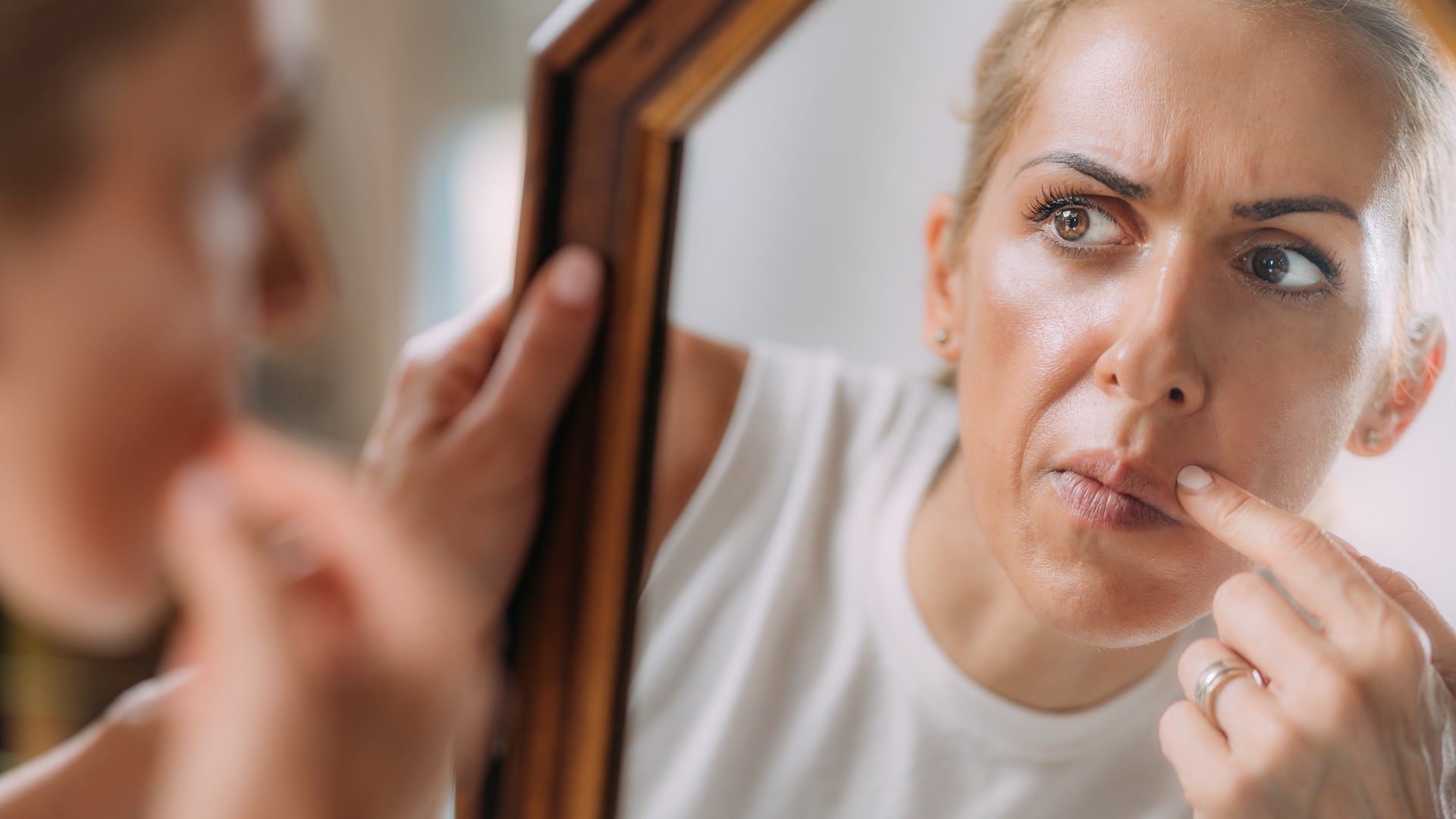Anorexia Nervosa
Individuals with anorexia nervosa suffer from anxiety, reduced pleasure from normally rewarding situations, and disturbed body image. Neuroimaging studies demonstrate disturbances in reward circuits in response to food and body-related stimuli and monetary rewards, but results are inconsistent. To understand associated neural activity and physiological responses, we are investigating a fundamental process of the overall reward response - how one’s brain learns to associate stimuli with the experience of reward.
Read More ParticipateBody Dysmorphic Disorder
Individuals with body dysmorphic disorder (BDD) misperceive specific aspects of their appearance to be conspicuously flawed or defective, despite these being unnoticeable or appearing miniscule to others. They typically have poor insight or delusional beliefs, obsessive thoughts and compulsive behaviours, anxiety, and depression. We examine inter-relationships between neural systems, global/local visual perceptual processing, eye gaze behaviours, and emotional arousal in BDD population.
Read More Participate VISMOD Participate TMSObsessive-Compulsive Disorder
Obsessive-compulsive disorder (OCD) is characterized by recurrent intrusive thoughts, urges, or images and repetitive physical or mental behaviours. Neuroimaging has played an important part in advancing our understanding of the neurobiology of OCD. At the same time, neuroimaging studies of OCD have had notable limitations, including reliance on relatively small samples. We are developing a circuit-based approach to different cognitive and clinical dimensions of OCD that can help transform how OCD and related mental disorders are conceptualized, diagnosed, and ultimately treated around the world.
Read More ParticipateSomatomap
We are creating a novel, visual-based digital tool, to measure, understand, and quantify individuals’ experiences of their bodies. This tool – “Somatomap” – is an advancement over self-report questionnaires to capture visual representations of internalized body image, cross-sectionally and dynamically over time. It provides a unique means to measure own-body perceptual accuracy. Understanding differences in perceptual accuracy and what factors contribute to this may help predict what treatments will be effective and what new treatments may be necessary.
Read More














